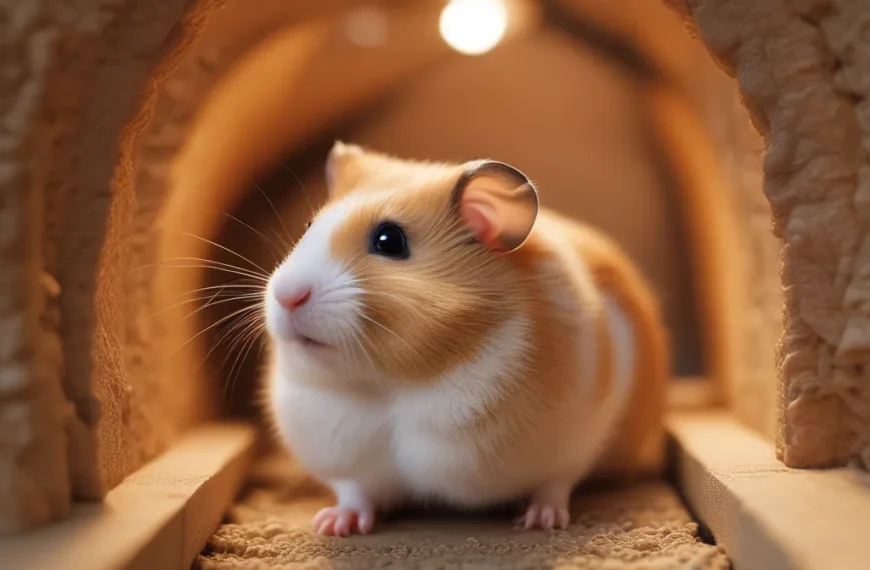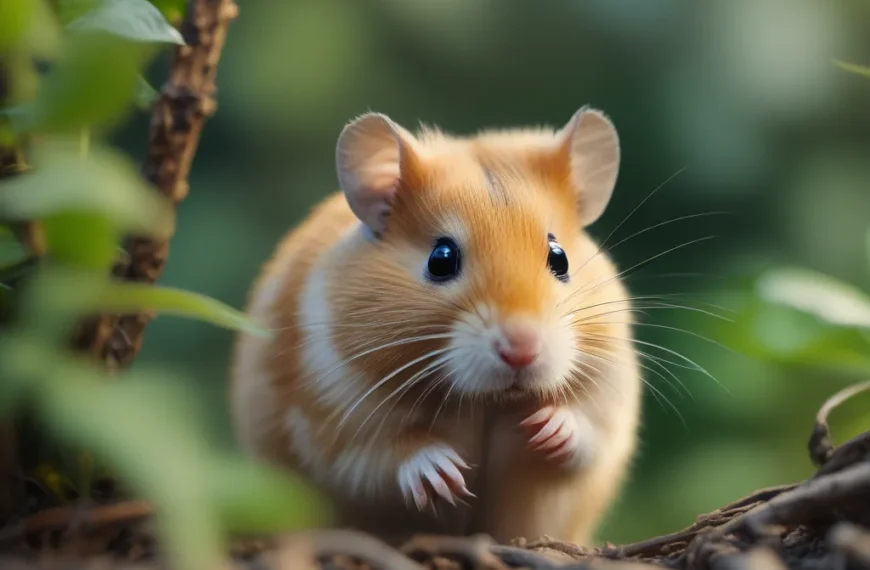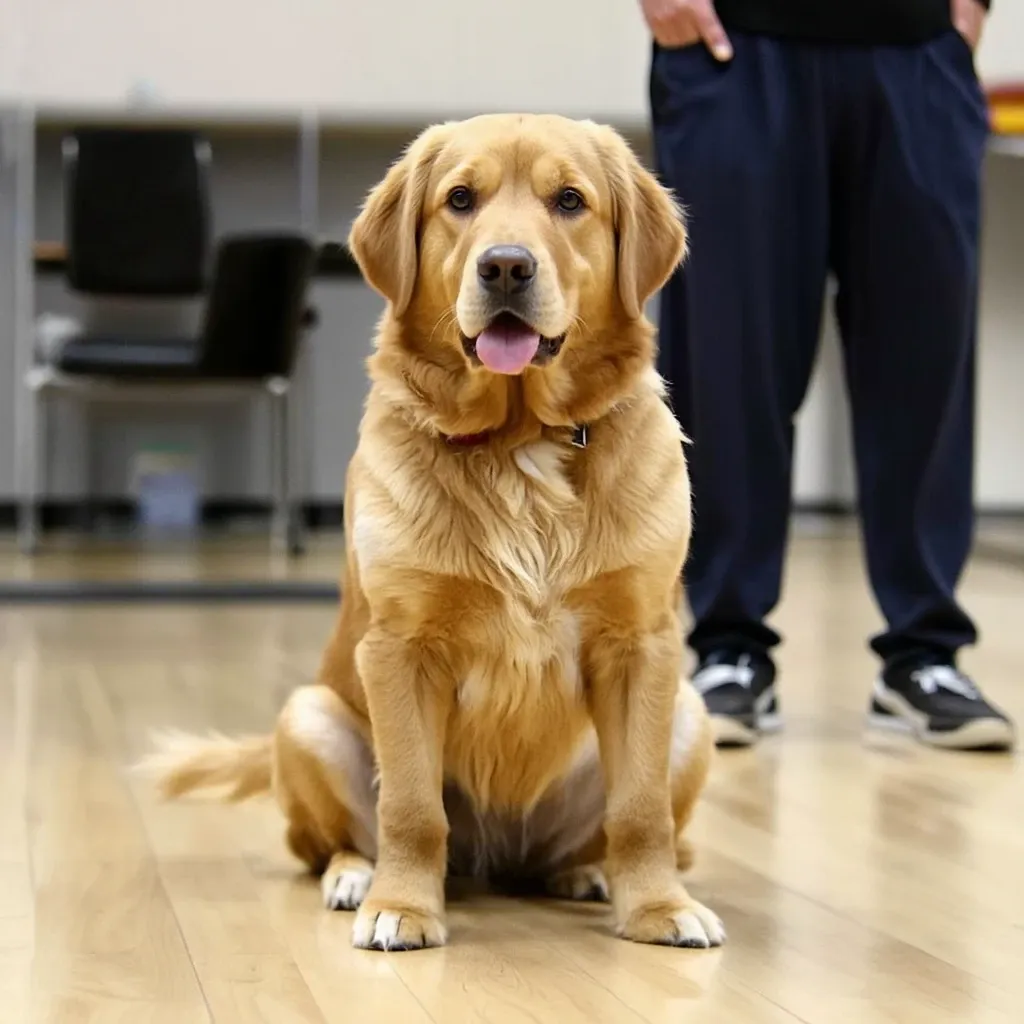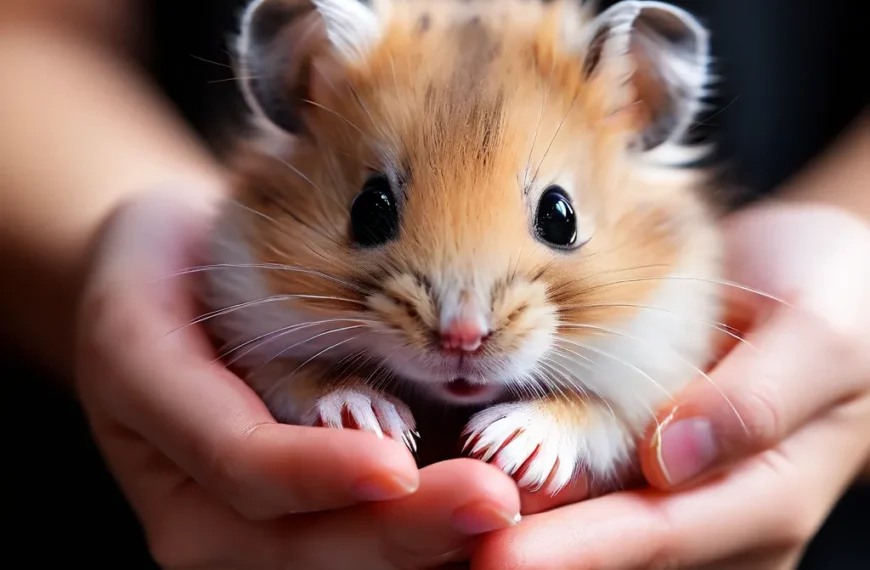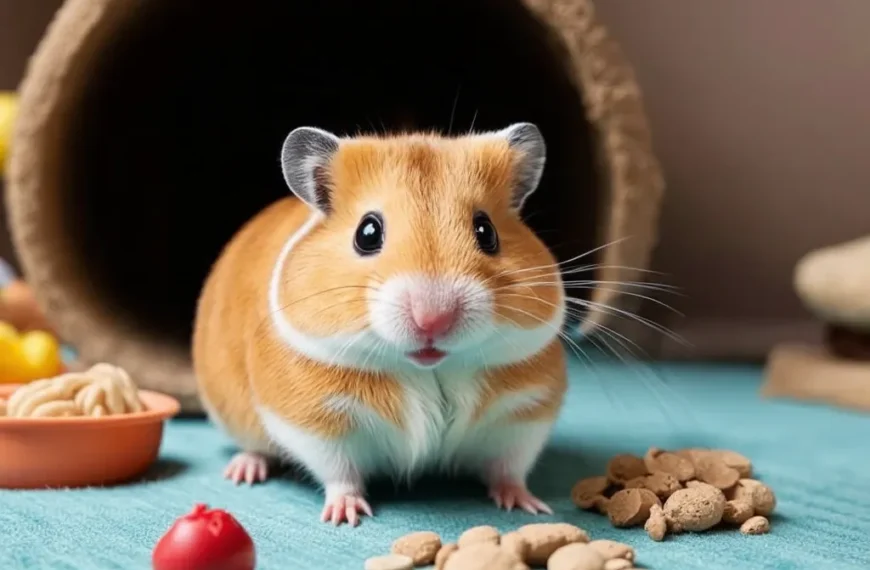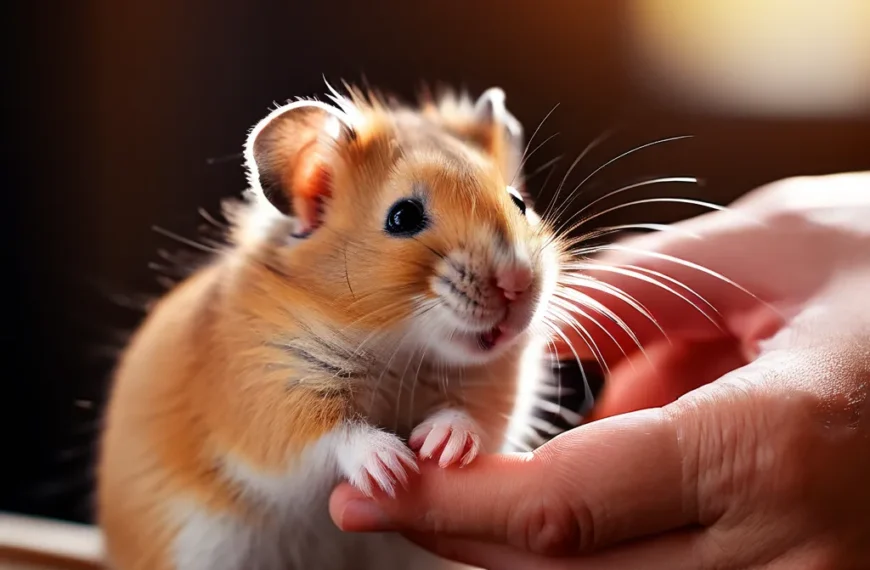Introduction
The concept of intelligence is often associated with humans, but have you ever wondered about the intelligence of our furry friends, particularly the Chihuahua? As one of the smallest dog breeds, Chihuahuas are often misunderstood and underestimated when it comes to their cognitive abilities. But what is the IQ of a Chihuahua, and how does it compare to other breeds?
In this article, we will delve into the world of canine intelligence, exploring what it means, how it’s measured, and what factors contribute to a Chihuahua’s intelligence. We’ll also debunk common misconceptions about Chihuahua intelligence and examine the brain-to-body size ratio and its impact on intelligence.
Whether you’re a seasoned dog owner or just a dog lover, this article aims to provide a comprehensive understanding of Chihuahua intelligence and what makes them unique. So, let’s dive in and discover the fascinating world of Chihuahua cognition!

Defining Canine Intelligence and Its Measurement
Canine intelligence is a complex and multifaceted concept that has been debated and studied by animal behaviorists, psychologists, and scientists for decades. While there is no single definition of canine intelligence, it can be broadly described as the ability of dogs to learn, problem-solve, and adapt to their environment.
Measuring canine intelligence is a challenging task, as it requires a comprehensive understanding of canine behavior, cognition, and emotions. There is no single, universally accepted method for measuring canine intelligence, and different researchers and experts may use different approaches and criteria.
One common approach is to assess a dog’s problem-solving abilities, such as its ability to learn and perform tasks, navigate obstacles, and adapt to new situations. Another approach is to evaluate a dog’s social intelligence, including its ability to communicate, cooperate, and empathize with humans and other animals.
Some researchers use standardized tests and assessments, such as the “Stanley Coren Canine Intelligence Test” or the “Dog Intelligence Test”, to evaluate a dog’s cognitive abilities and problem-solving skills. These tests may include tasks such as obedience training, problem-solving exercises, and social interaction assessments.
Other experts argue that canine intelligence cannot be measured solely through standardized tests, and that a more holistic approach is needed. This may involve observing a dog’s behavior in naturalistic settings, such as in its home environment or during play, to gain a more comprehensive understanding of its cognitive and emotional abilities.
Despite the challenges of measuring canine intelligence, researchers and experts agree that dogs are highly intelligent animals that are capable of complex thought and behavior. By understanding and appreciating canine intelligence, we can build stronger, more meaningful relationships with our canine companions and improve their welfare and well-being.
Chihuahua Problem-Solving Skills and Learning Abilities
Chihuahuas are known for their big eyes and big hearts, but they also possess impressive problem-solving skills and learning abilities. While their small size may lead some to believe they are not as intelligent as larger breeds, Chihuahuas are capable of learning and adapting to new situations.
Learning Abilities
Chihuahuas are intelligent dogs that can learn quickly with positive reinforcement training. They thrive on attention and praise, which makes them highly responsive to reward-based training methods. With patience and consistency, Chihuahuas can learn basic obedience commands, tricks, and even complex tasks.
Problem-Solving Skills
Chihuahuas have been observed using problem-solving skills to overcome obstacles and achieve their goals. For example, they may use trial and error to figure out how to get a treat out of a puzzle toy or find a way to climb onto a high surface. This ability to think critically and adapt to new situations is a testament to their intelligence and resourcefulness.
Factors Influencing Learning and Problem-Solving
Several factors can influence a Chihuahua’s learning and problem-solving abilities, including:
- Genetics: A Chihuahua’s genetic makeup can play a significant role in their intelligence and ability to learn.
- Environment: Chihuahuas that are exposed to a variety of environments and experiences may be more likely to develop strong problem-solving skills.
- Training: Positive reinforcement training can help Chihuahuas develop their learning abilities and build confidence.
- Socialization: Socialization with people and other animals can help Chihuahuas develop their problem-solving skills and adapt to new situations.
Conclusion
In conclusion, Chihuahuas are intelligent dogs that possess impressive problem-solving skills and learning abilities. With positive reinforcement training, patience, and consistency, Chihuahuas can learn quickly and adapt to new situations. By understanding the factors that influence their learning and problem-solving abilities, owners can help their Chihuahuas reach their full potential.
Adaptability and Trainability of Chihuahuas
Chihuahuas are incredibly intelligent dogs that have a keen ability to learn and adapt quickly, making them highly trainable. With their sharp minds and eagerness to please, Chihuahuas excel in obedience training and can easily pick up new commands and tricks.
Their small stature houses a large, complex brain capable of learning and problem-solving. Their trainability rivals much bigger dogs when owners properly engage their mental talents.
Chihuahuas are known for their intelligent, loyal, and affectionate personalities. Despite their small size, these little dogs have big hearts and form strong bonds with their owners. Their innate traits, such as playfulness, adaptability, and loyalty, set them apart from other dog breeds.
To train a Chihuahua, it’s essential to be patient, consistent, and positive. They respond well to reward-based training and thrive on attention and praise. With the right approach, Chihuahuas can learn a wide range of skills, from basic obedience commands to complex tricks and behaviors.
Some tips for training a Chihuahua include:
- Start with short, frequent training sessions to keep them engaged and focused.
- Use positive reinforcement techniques, such as treats and praise, to encourage good behavior.
- Be patient and consistent, as Chihuahuas can be stubborn at times.
- Make training a game or a fun activity, such as hide-and-seek or agility training.
By following these tips and tapping into their intelligence and adaptability, you can unlock your Chihuahua’s full potential and develop a strong, loving bond with your furry friend.

Relative Intelligence of Chihuahuas Compared to Other Breeds
When it comes to canine intelligence, many people assume that larger breeds are more intelligent than smaller ones. However, this is a common misconception. Intelligence is not determined by size, and Chihuahuas are a great example of this. While they may not be as large as other breeds, they are capable of problem-solving, learning, and adapting to new situations.
According to the Intelligence Ranking System for Dogs, Chihuahuas often surprise people with their high placement. This system takes into account factors such as trainability, instinctive behaviors, and adaptive intelligence. While Chihuahuas may not rank as high as some other breeds in terms of working/obedience intelligence, they excel in other areas.
In fact, Chihuahuas are known for their ability to learn quickly and adapt to new situations. They are highly intelligent dogs that thrive on mental stimulation and social interaction. With proper training and exercise, Chihuahuas can learn a wide range of skills and tricks, and they make great companions for people of all ages.
When compared to larger breeds, Chihuahuas hold their own in terms of intelligence. They may not be as strong or athletic as some other breeds, but they make up for it with their quick wit and agility. Whether it’s problem-solving, learning tricks, or simply understanding human cues, Chihuahuas prove that brains triumph over brawn.

In conclusion, Chihuahuas are highly intelligent dogs that are capable of learning, adapting, and thriving in a variety of situations. While they may not be the largest or strongest breed, they are certainly one of the smartest.
Debunking Common Misconceptions About Chihuahua Intelligence
Chihuahuas are often misunderstood when it comes to their intelligence. Many people believe that their small size means they are less intelligent than larger breeds. However, this is a common misconception. In reality, a dog’s size has little to do with their intelligence.
Myth #1: Chihuahuas Are Dumb Because of Their Size
It’s a common misconception that small dog breeds like Chihuahuas are less intelligent than larger breeds. This myth likely originated from the fact that Chihuahuas are often stereotyped as being lazy or aloof. However, this is not necessarily true. Chihuahuas are simply a different type of dog, with their own unique personality and intelligence.
The Truth About Chihuahua Intelligence
Chihuahuas are actually quite smart. They are known for their ability to learn quickly and adapt to new situations. They are also highly trainable, and can learn a wide range of commands and tricks. In fact, Chihuahuas are often used as therapy dogs, search and rescue dogs, and service dogs.
Factors Contributing to a Chihuahua’s Intelligence
So, what makes Chihuahuas so intelligent? There are several factors that contribute to a Chihuahua’s intelligence, including:
- Genetics: Chihuahuas are bred to be intelligent and trainable. They have a long history of being used as companion dogs, and have been selectively bred for their intelligence and loyalty.
- Environment: Chihuahuas are highly adaptable, and can thrive in a wide range of environments. This adaptability is a key factor in their intelligence.
- Training: Chihuahuas are highly trainable, and can learn a wide range of commands and tricks. This training helps to stimulate their minds and keep them engaged.
Factors Contributing to a Chihuahua’s Intelligence
Several factors contribute to a Chihuahua’s intelligence, making them a fascinating and lovable breed.
Genetics
A Chihuahua’s genetic makeup plays a significant role in shaping their intelligence. Their breeding history, which dates back to the ancient Mayans and Aztecs, has instilled in them a strong sense of loyalty, adaptability, and problem-solving skills.
Environment
The environment in which a Chihuahua grows up also has a profound impact on their intelligence. A well-rounded upbringing, complete with socialization, training, and mental stimulation, helps to develop their cognitive abilities and shapes their personality.
Training and Socialization
Proper training and socialization are essential for a Chihuahua’s intellectual development. Positive reinforcement techniques, such as clicker training, can help to improve their problem-solving skills and enhance their ability to learn.
Individual Differences
Each Chihuahua is unique, with their own strengths and weaknesses. Some may excel in certain areas, such as obedience or agility, while others may struggle. Recognizing and nurturing these individual differences is crucial for unlocking a Chihuahua’s full intellectual potential.
Adaptability
Chihuahuas are known for their remarkable adaptability, which is a key component of their intelligence. Their ability to thrive in a variety of environments and situations makes them an ideal companion for many people.
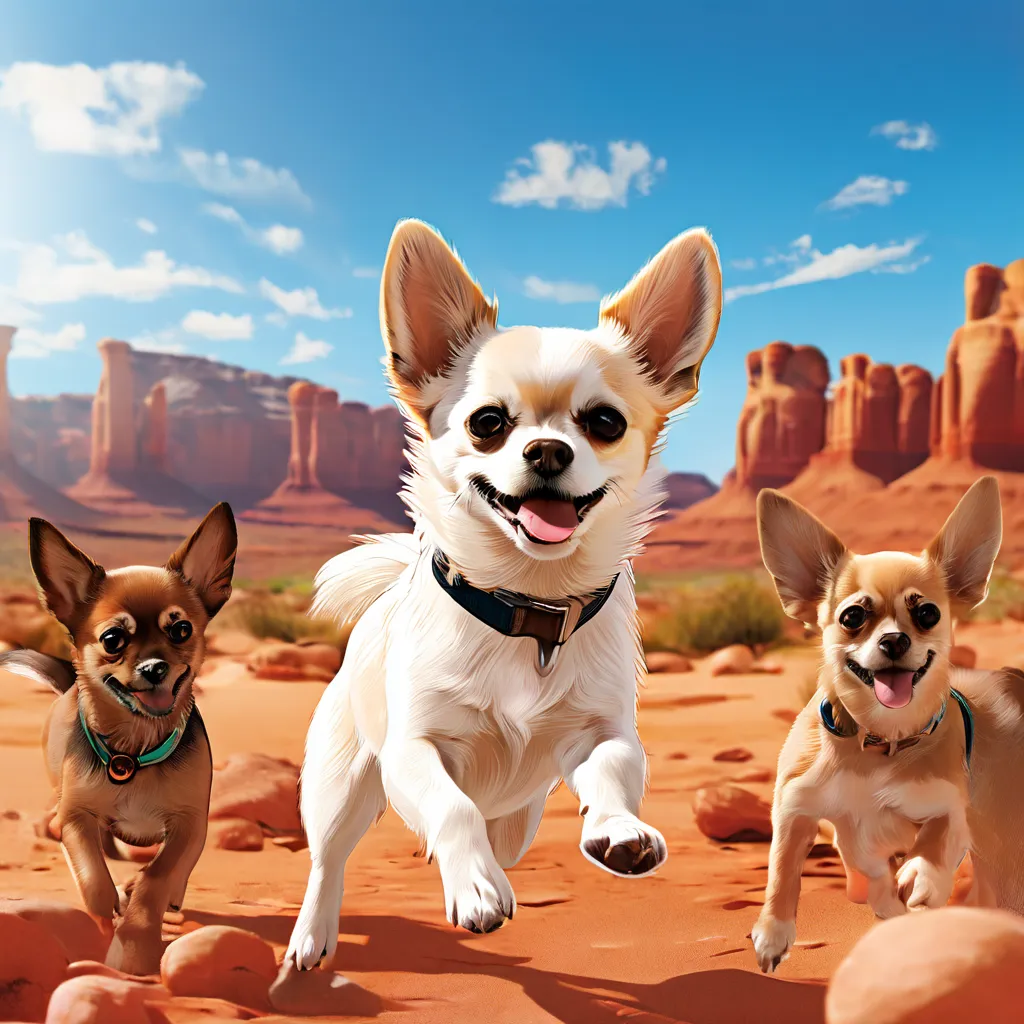
In conclusion, a Chihuahua’s intelligence is influenced by a combination of genetic, environmental, and individual factors. By understanding and nurturing these factors, we can help to unlock the full potential of these remarkable dogs.
The Brain-to-Body Size Ratio and Its Impact on Intelligence
The brain-to-body size ratio is a crucial factor in determining a dog’s intelligence. While it’s true that larger dogs tend to have larger brains, it’s not necessarily the size of the brain that matters, but rather its proportion to the body size. In dogs, the average brain size is about 0.07% of their body weight, which is a relatively constant proportion across breeds.
This proportion suggests that dogs have undergone selection pressures for greater intelligence and brain development. For example, a Great Dane may have a larger brain than a Chihuahua in absolute terms, but their brains represent similar proportions of overall body weight.
The encephalization quotient (EQ) is a measure of brain weight to body weight, with an average EQ of 1 for dogs and 7 for humans. While a Chihuahua’s brain may be small, around 30 grams or the size of a large walnut, it can still be very intelligent if it has an optimal brain-to-body ratio and a well-developed neocortex, the part of the brain responsible for advanced cognitive function.
In fact, research suggests that the structure and complexity of the brain are more important factors in determining intelligence than brain size alone. This means that a dog with a smaller brain can still be highly intelligent if its brain is well-organized and efficient.
In conclusion, the brain-to-body size ratio plays a significant role in a dog’s intelligence, and it’s not just about the size of the brain. A well-proportioned brain with a developed neocortex can make a dog highly intelligent, regardless of its breed or size.
Conclusion
In conclusion, the intelligence of a Chihuahua is a complex and multi-faceted trait that cannot be reduced to a single number or score. While Chihuahuas may not be as highly ranked as some other breeds in terms of obedience and working intelligence, they possess a unique set of cognitive abilities that make them well-suited to their role as companions and family pets.
Their problem-solving skills, learning abilities, and adaptability make them capable of navigating a variety of environments and situations, from the home to the great outdoors. Additionally, their small brain-to-body size ratio belies a surprising level of intelligence and cognitive flexibility.

While there are many misconceptions about Chihuahua intelligence, the truth is that these dogs are highly capable and deserving of respect and admiration. By recognizing and appreciating their unique cognitive abilities, we can build stronger, more meaningful relationships with our Chihuahua companions.
In the end, the IQ of a Chihuahua is not just a number – it’s a reflection of their remarkable ability to thrive and adapt in a wide range of situations, and to bring joy and companionship to our lives.
References
- https://www.akc.org/expert-advice/lifestyle/dog-cognition-dogs-are-smarter-than-you-think
- https://www.akc.org/expert-advice/lifestyle/fun-facts-chihuahua
- https://www.psychologytoday.com/us/blog/canine-corner/201602/understanding-the-nature-dog-intelligenc
- https://www.thesprucepets.com/breed-profile-chihuahua-111795
- https://www.petmd.com/dog/breeds/chihuahu



